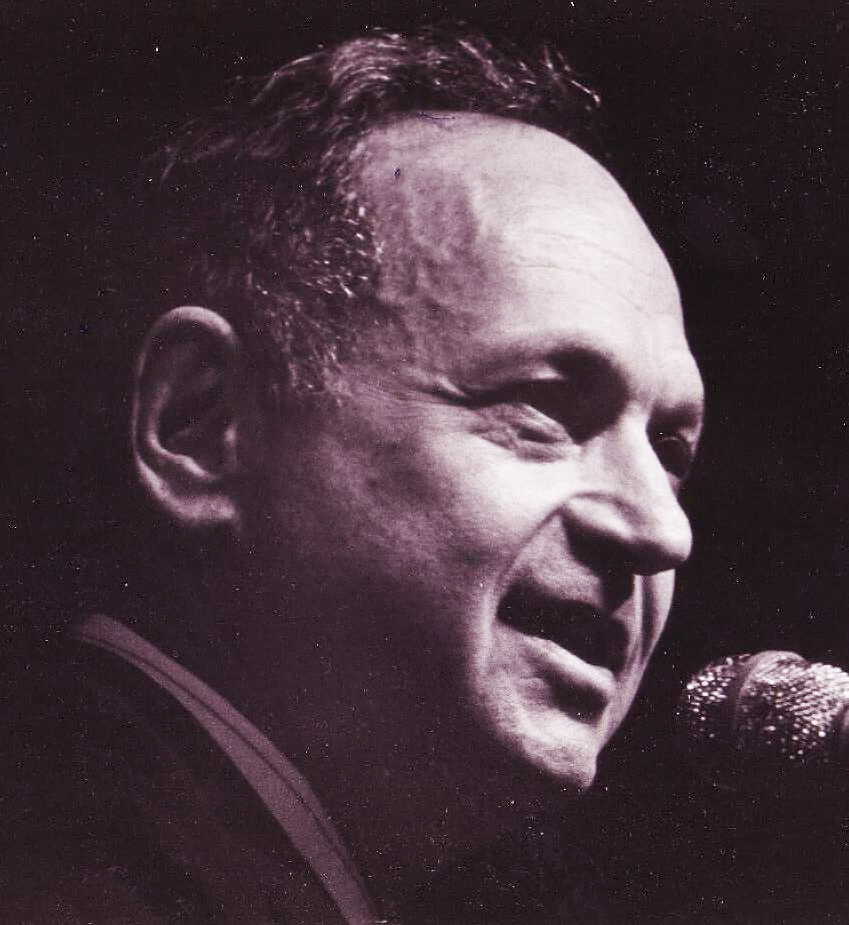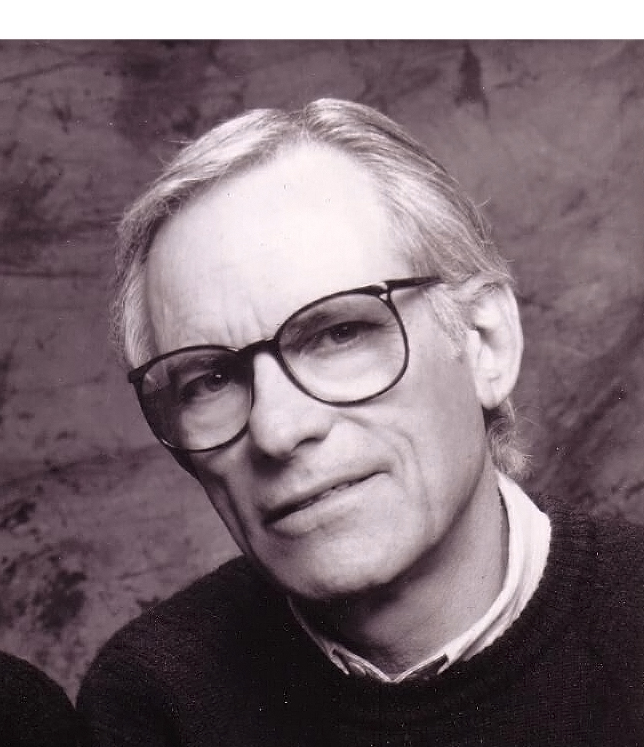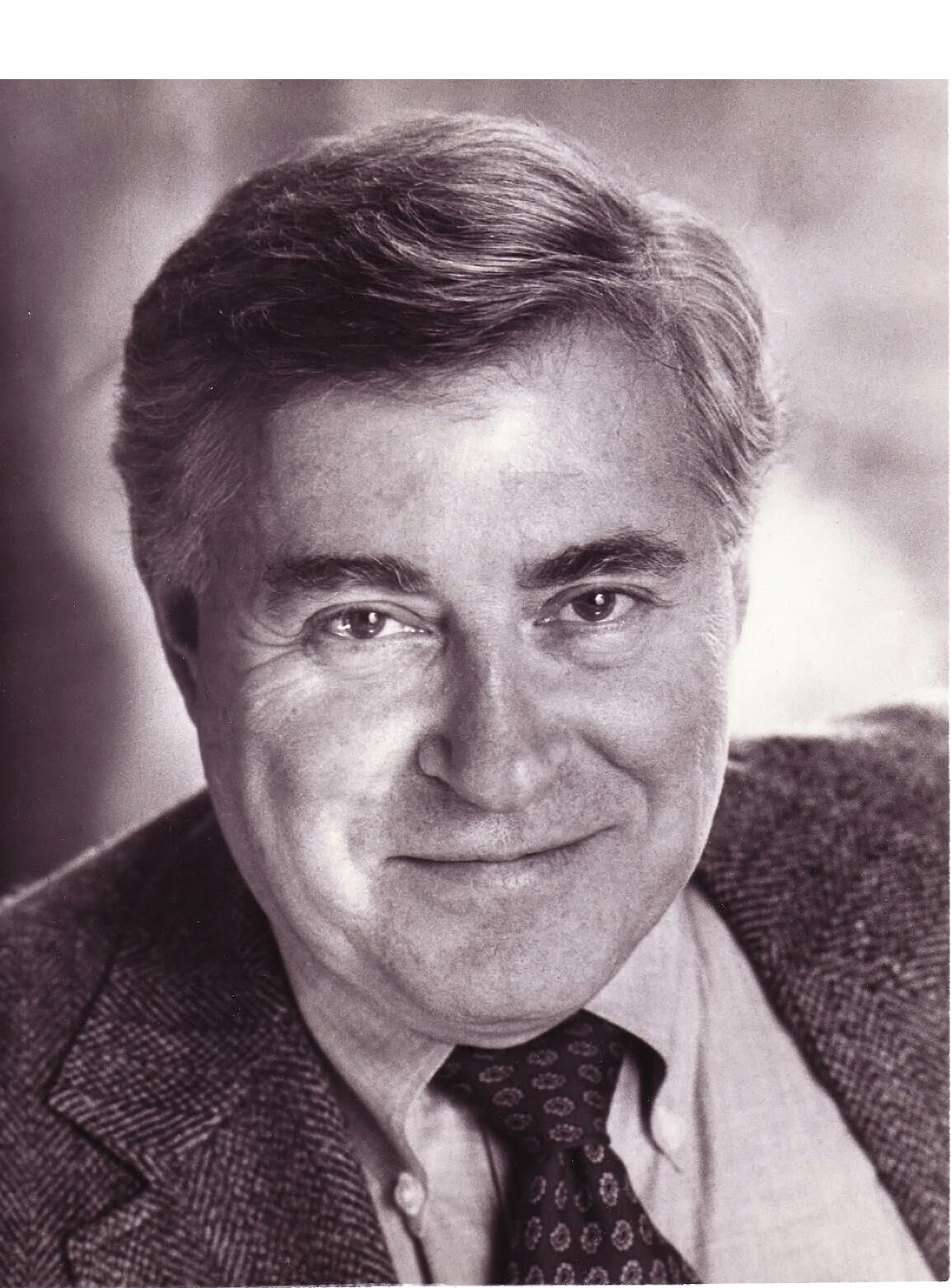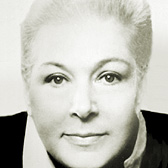
Acclaimed Broadway lyricist wrote ""Tomorrow" (from "Annie") and "Bye Bye Birdie
Charles Strouse
InducteeWith partner Lee Adams wrote a string of Broadway hits in 1960s and 70s
Charles Strouse was born in New York City on June 7, 1928. He began taking piano lessons at the age of ten and at age 15 he entered the Eastman School of Music. After graduating in 1947, he won two scholarships to Tanglewood, where he studied under Aaron Copland and had his pieces played by the orchestra. After that, he had various music-related jobs, such as scoring and composing music for Twentieth Century-Fox newsreels, playing piano for the character Rosalie in "The Goldbergs" on television, and writing dance music for various mediums.
He then spent time in Paris studying with Nadia Boulanger, and returned to the United States to study with Copland and David Diamond.” In 1949 he met lyricist Lee Adams at a party, which was the beginning of a long and successful musical partnership. The duo began contributing songs to revues at the Green Mansions summer resort in the Adirondacks.” This experience led to their writing tunes for numerous revues, including Catch a Star (1955), Shoestring Revue (1956), The Littlest Revue (1956), and Kaleidoscope (1957), as well as special materials for performers such as Kaye Ballard, Carol Burnett, Jane Morgan, and Dick Shawn.
In 1958 producer Edward Padula auditioned writing teams for a new musical about United States teenagers, which in 1960 was produced on Broadway as Bye Bye Birdie. Adams and Strouse won in the third tryout round, and were hired at one hundred dollars a month. Within a year, they wrote over 50 possible songs for the show and performed at over 75 auditions for financial backers. The show, which starred Dick Van Dyke, Chita Rivera, and Dick Gautier, was an enormous Tony Award-winning success. The 1963 movie version was also very popular. Two songs from the score, "Put On a Happy Face" and "A Lot of Livin' To Do" became standards, recorded by multiple performers. "One Last Kiss," written by Adams and Strouse as a rock ’n' roll parody, was recorded as a straight rock ’n' roll song by Bobby Vee. Joanie Sommers made the charts with a single of "One Boy."
The duo's next Broadway musical was 1962's All American, which starred Ray Bolger as Professor Fodorski, an immigrant from behind the Iron Curtain, who came to teach engineering at the Southern Baptist Institute of Technology.” It was based on Robert Lewis Taylor's novel Professor Fodorski, and Joshua Logan was the director. Mel Brooks wrote the book, although it has been said that he never got around to writing the second half, which was pieced together by the rest of the creative staff. The plot asked the question, would football strategy help the teaching of college-level engineering, and would the principles of engineering make for a winning football team? Audiences did not seem to care, and the show closed after 80 performances. However, one song from the score, "Once Upon a Time," became an oft-performed standard, with recordings by Tony Bennett, Vic Damone, Bobby Darin, and Frank Sinatra, among others.
In 1964, an uncredited Strouse and Adams wrote "Before the Parade Passes By" for Hello, Dolly! That same year, they wrote the score for Golden Boy, based on the Clifford Odets play about a boxer. The musical version starred Sammy Davis Jr. and was directed by Arthur Penn. The score had a jazz orientation, and the show enjoyed a 569 performance run, mainly on the strength of Davis' popularity. However, none of the songs were very memorable, and no hits or standards emerged from the score.
The pair's next show was It's a Bird, It's a Plane, It's Superman in 1966, which took a satirical view of the comic strip superhero. It opened at the time that the "Batman" television series was all the rage, and although some of the reviews were good, it was not a commercial success, partially because there was a perception among the public that it was a show for children, and partially, unlike the comic strip-based musicals L'il Abner, You're a Good Man, Charlie Brown, and Annie, no genuine sentiment or warmth were added to the characters to make them three-dimensional.
The songwriters bounced back in a big way in 1970 with Applause, the musical adaptation of the 1950 movie All About Eve. This won them their second Tony Award, as well as a Tony Award for Lauren Bacall, who portrayed Margo Channing, the role played by Bette Davis in the movie. Songs included the title tune, "But Alive," "Something Greater," "Welcome to the Theatre," and "One of a Kind."
Strouse and Adams wrote "Those Were the Days," the theme song for the 1970s television series "All in the Family," but their subsequent musical efforts were not successful. The 1972 London West End musical I and Albert (I being Queen Victoria) ran for only three months, and the Broadway musicals A Broadway Musical (1978) and Bring Back Birdie (1981) closed almost as soon as they opened.
Strouse teamed with lyricist Martin Charnin and librettist Thomas Meehan on Annie, which opened on Broadway in 1977. It was Strouse's greatest success, running for 2,377 performances and winning Strouse his third Tony Award for Best Musical.” The score included "Tomorrow," "It's the Hard-Knock Life," "You're Never Fully Dressed Without a Smile," and "I Don't Need Anything But You."
Annie was Strouse's last major success. Charlie and Algernon (1980), with book and lyrics by David Rogers, ran for only 17 performances. Dance a Little Closer (1983) had a book and lyrics by Alan Jay Lerner, but closed in one night.
In 1985 Strouse provided the music and lyrics to the 268 performance Off-Broadway cabaret revue Mayor, based on the autobiography of New York's then-mayor Edward I. Koch. Rags (1986), with lyrics by Stephen Schwartz and book by Joseph Stein, closed after four performances. Nick and Nora (1991), with lyrics by Richard Maltby Jr., closed after nine performances. In 1993, he, Charnin, and Meehan presented Annie Warbucks, which played briefly Off- Broadway.” However, critics usually offered praise for Strouse's music even when the shows they were written for were panned. Strouse once said, "Some of the best reviews I've ever gotten have been in shows that didn't work.
However, theatergoers may not have heard the last of the team of Strouse and Adams.” In recent years, they have been developing scores based on the 1955 movie Marty, and on Theodore Dreiser's 1925 novel, An American Tragedy.




